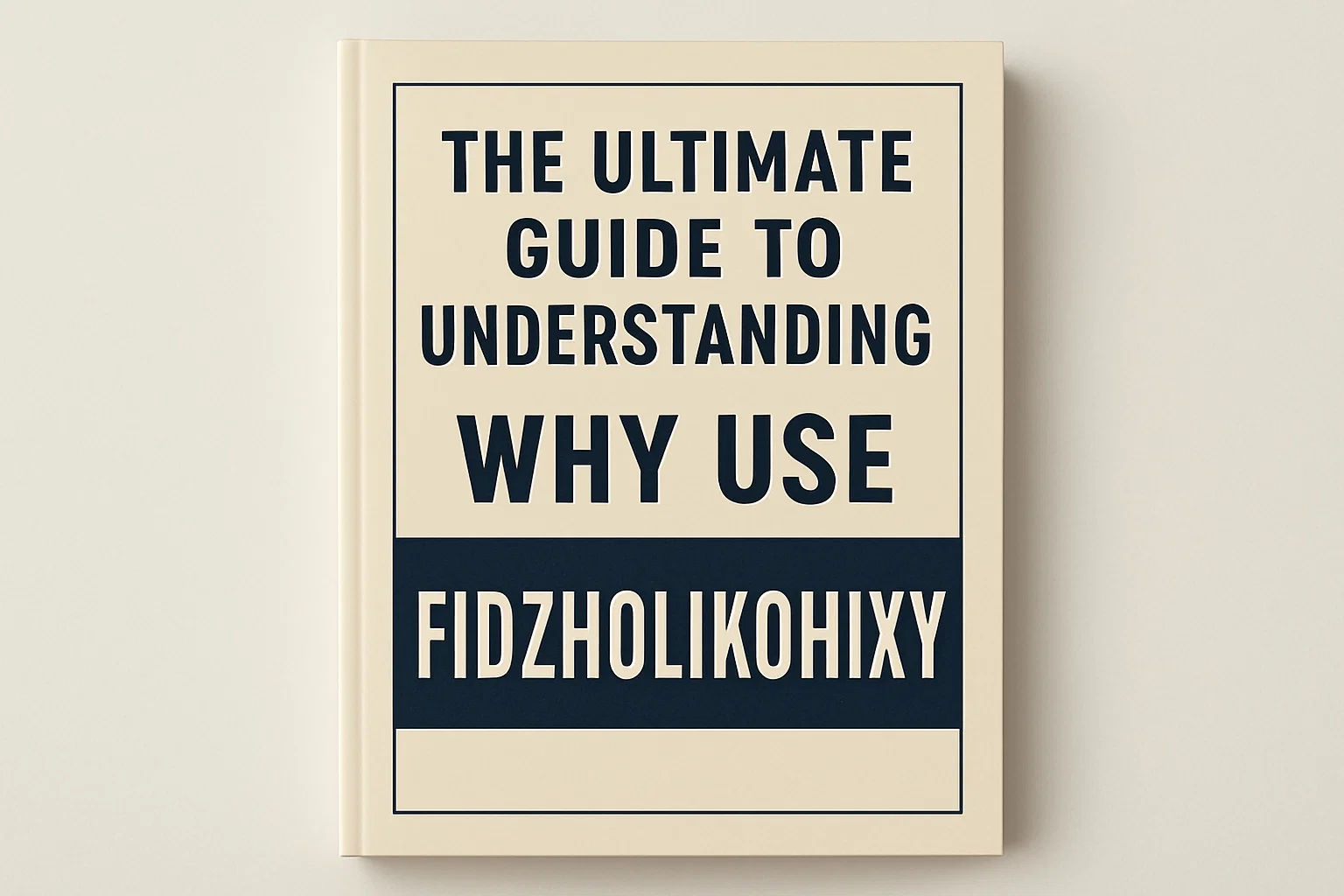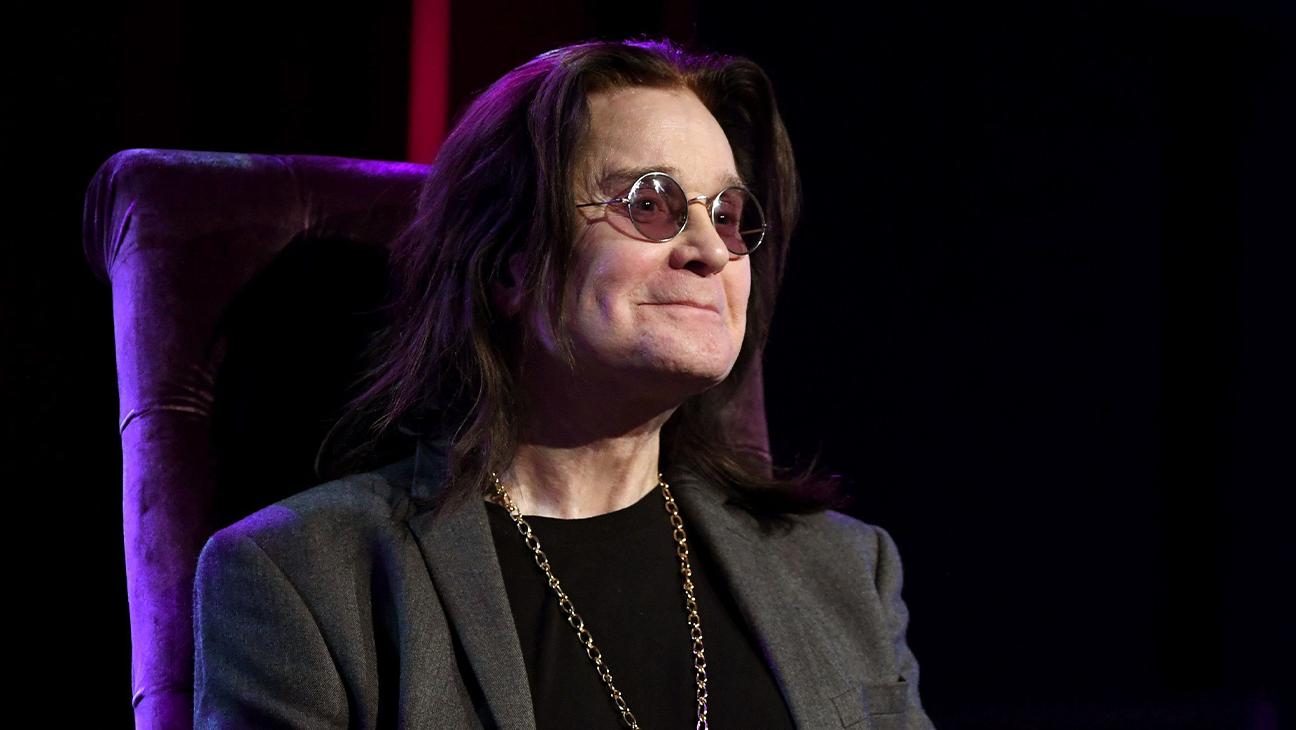Why Did Itachi Kill His Clan?
Itachi Kill His Clan Kill His Clan The story of Itachi Uchiha is one of the most compelling narratives in the world of anime and manga, particularly within the “Naruto” series. Itachi Kill His Clan a prodigious ninja from the Uchiha clan, is often portrayed as a villain due to his shocking act of slaughtering his entire clan. However, as the story unfolds, the reasons behind his actions reveal a complex web of loyalty, sacrifice, and the harsh realities of the ninja world. This article delves into the motivations behind Itachi’s drastic decision, exploring the themes of duty, peace, and the burdens of a shinobi.
The Uchiha Clan and Its History
To understand why Itachi Kill His Clan killed his clan, we first need to look at the Uchiha clan’s history and its significance within the “Naruto” universe. The Uchiha clan is one of the founding clans of Konohagakure, known for their powerful Sharingan and their prowess in combat. However, with great power came great strife. The Uchiha clan had a tumultuous relationship with the village, often feeling marginalized and distrusted by the other clans and the village leadership.
The Uchiha clan’s history is marked by a sense of pride and a desire for recognition. This pride often led to conflicts with the village, especially as the clan began to feel increasingly isolated. The tension between the Uchiha and the village reached a boiling point, leading to a coup d’état that the clan planned to execute. Itachi, being a member of this clan, Itachi Kill His Clan was caught in the middle of this brewing storm, forced to choose between his family and his village.
Itachi Kill His Clan upbringing was steeped in the expectations of the Uchiha clan. From a young age, he was trained to be a powerful ninja, and he excelled beyond his peers. However, this excellence came with a heavy burden. Itachi was not only expected to uphold the clan’s honor but also to protect the village he loved. This duality of loyalty would ultimately shape his tragic decision.
The Burden of Duty
Itachi Kill His Clan decision to kill his clan was not made lightly. It was a choice born out of a profound sense of duty and responsibility. As tensions escalated within the village, Itachi was faced with a grim reality: the Uchiha clan’s coup would likely lead to a civil war, resulting in countless deaths on both sides. Itachi Kill His Clan, who had always valued peace, could not bear the thought of such bloodshed.
In his mind, the only way to prevent a larger conflict was to eliminate the threat posed by his own clan. This decision was not just about stopping the coup; it was about protecting the village and preserving the lives of innocent people. Itachi Kill His Clan believed that by sacrificing his family, he could save countless others. This twisted logic highlights the tragic nature of his character—he was willing to bear the burden of being a villain in order to protect those he loved.
Moreover, Itachi Kill His Clan actions were influenced by the teachings of his mentor, Kakashi Hatake, and the ideals of the village. He understood that true strength lies not just in power but in the ability to make difficult choices for the greater good. This philosophy guided him throughout his life, culminating in the fateful night when he made the ultimate sacrifice.
The Role of the Akatsuki
After the massacre, Itachi Kill His Clan became a member of the Akatsuki, a group of rogue ninjas with their own agenda. This decision was strategic, allowing him to keep a close eye on the organization while also distancing himself from the village. Itachi Kill His Clani’s role in the Akatsuki was multifaceted; he was both a spy and a protector, working to ensure that the group’s plans did not threaten the peace he had fought so hard to maintain.
Joining the Akatsuki also provided Itachi Kill His Clan with a means to atone for his past. He was haunted by the memories of his family and the pain he had caused. By taking on the role of a villain, he hoped to divert attention away from Konoha and protect it from external threats. This self-imposed exile was a way for Itachi Kill His Clan to live with his guilt while still fulfilling his duty to the village.
The Akatsuki, with its diverse members and complex motivations, also served as a backdrop forItachi Kill His Clan character development. Interactions with other members, particularly with characters like Kisame Hoshigaki and later, Naruto Uzumaki, allowed Itachi Kill His Clan to reflect on his choices and the nature of peace. His time in the organization was not just about fighting; it was also about understanding the consequences of power and the importance of bonds.
The Complexity of Itachi’s Character
Itachi Uchiha is one of the most complex characters in the “Naruto” series. His actions, while seemingly villainous, are rooted in a deep sense of love and sacrifice. He is often seen as a tragic hero, a character who made the ultimate sacrifice for the sake of peace. This complexity is what makes Itachi Kill His Clan such a compelling figure in the narrative.
Throughout the series, Itachi Kill His Clan character is shrouded in mystery. Initially introduced as a cold and ruthless killer, his true motivations are gradually revealed, showcasing a man burdened by the weight of his choices. The duality of his character—being both a loving brother and a feared assassin—adds depth to his story. Itachi Kill His Clan relationship with his younger brother, Sasuke, is particularly poignant. He loved Sasuke deeply and wanted to protect him from the harsh realities of their world. This love ultimately drove him to commit the unthinkable act of killing their family, believing it was the only way to ensure Sasuke’s safety and future.
Moreover, Itachi’s interactions with other characters, such as Naruto and Kakashi, further illustrate his complexity. He often serves as a foil to Naruto, who embodies hope and the desire for peace through unity. In contrast, Itachi’s path is one of solitude and sacrifice. This juxtaposition highlights the different ways characters in the series approach the concept of strength and the burdens of their choices.
The Impact of Itachi’s Actions
The impact of Itachi’s decision to kill his clan reverberates throughout the “Naruto” series. His actions set off a chain of events that shape the destinies of several key characters, particularly Sasuke. The trauma of losing his family drives Sasuke on a quest for revenge, leading him down a dark path that ultimately challenges his own beliefs about power and justice.
Sasuke’s journey is a direct response to Itachi’s actions. Initially consumed by hatred and a desire for vengeance, Sasuke’s character arc explores themes of forgiveness, understanding, and the cyclical nature of violence. Itachi’s sacrifice becomes a catalyst for Sasuke’s growth, forcing him to confront the realities of their world and the consequences of his choices.
Furthermore, Itachi’s legacy extends beyond his immediate family. His actions prompt discussions about the nature of peace and the sacrifices required to achieve it. Characters like Naruto and Sakura grapple with the implications of Itachi’s choices, leading them to question their own beliefs about strength and the value of life. The moral dilemmas presented in the series challenge viewers to consider the complexities of loyalty, duty, and the cost of peace.
The Revelation of Truth
As the series progresses, the truth behind Itachi’s actions is revealed, shedding light on the motivations that drove him to commit such a heinous act. The revelation that Itachi was acting under orders from the village elders adds another layer of complexity to his character. He was not merely a villain but a pawn in a larger game of power and politics.
This revelation forces characters and viewers alike to reevaluate their perceptions of Itachi. He is no longer just the cold-blooded killer but a tragic figure who made a choice in a world filled with difficult decisions. The truth about Itachi’s sacrifice becomes a pivotal moment in the series, highlighting the themes of misunderstanding and the consequences of blind loyalty.
Moreover, the revelation of Itachi’s true intentions serves as a commentary on the nature of peace in the ninja world. Itachi’s actions, while extreme, were motivated by a desire to protect the village and prevent further bloodshed. This raises questions about the lengths one must go to achieve peace and the moral implications of such choices.
The Legacy of Itachi Uchiha
Itachi’s legacy is one of sacrifice, complexity, and the pursuit of peace. His actions, while controversial, serve as a reminder of the harsh realities faced by those in positions of power. The impact of his choices resonates throughout the series, influencing the paths of numerous characters and shaping the narrative’s overarching themes.
In the end, Itachi Uchiha is remembered not just as a killer but as a protector who bore the weight of his decisions for the sake of others. His story serves as a poignant exploration of the nature of sacrifice and the complexities of human relationships. Itachi’s legacy challenges viewers to consider the moral dilemmas faced by individuals in a world where loyalty and duty often conflict.
As the “Naruto” series comes to a close, Itachi’s character remains a symbol of the sacrifices made in the name of peace. His story serves as a reminder that the path to understanding and forgiveness is often fraught with pain and difficult choices. Ultimately, Itachi Uchiha’s journey is a testament to the enduring struggle for peace in a world filled with conflict and strife.
Conclusion
In conclusion, the question of why Itachi killed his clan is a multifaceted one, rooted in themes of duty, sacrifice, and the complexities of human relationships. Itachi’s actions, while tragic, were driven by a desire to protect the village and prevent further bloodshed. His legacy serves as a reminder of the harsh realities faced by those in positions of power and the moral dilemmas that arise in the pursuit of peace.
Itachi Uchiha’s story is a powerful exploration of the nature of sacrifice and the burdens of loyalty. His character challenges viewers to consider the complexities of human relationships and the lengths one must go to achieve peace. As we reflect on Itachi’s journey, we are reminded of the enduring struggle for understanding and forgiveness in a world filled with conflict.Bookmark messageCopy messageExportScroll to bottom



